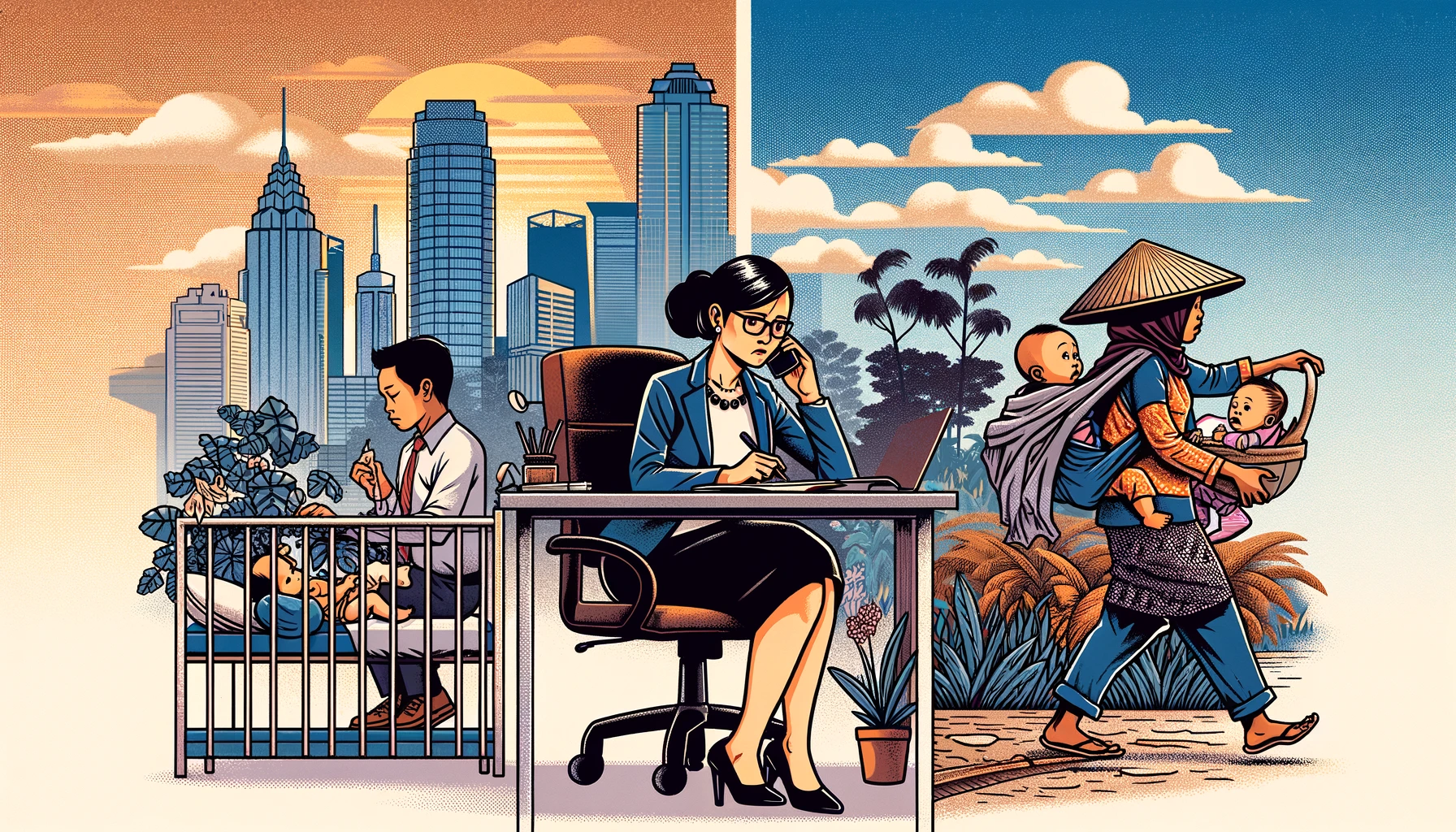Thailand Urged to Bolster Efforts for Gender Equality: UN Experts Highlight Key Challenges and Opportunities
"By ensuring no woman or girl is left behind, Thailand can position itself as a regional leader in gender equality," the experts stated.

Thailand stands at a crossroads in its pursuit of gender equality, with UN experts calling for bold action to address gaps in policy implementation. The Working Group on Discrimination Against Women and Girls concluded a 12-day visit to the country, applauding legislative and institutional advancements in women’s rights but underscoring critical areas that require immediate attention.
The UN Working Group commended Thailand for progress in education, healthcare, and employment policies that have improved the lives of women and girls. They noted the establishment of One Stop Crisis Centres, aimed at supporting survivors of gender-based violence, and lauded the country’s constitutional commitment to gender-sensitive budgeting.
Despite these strides, the experts raised concerns about significant gaps in practical implementation that hinder substantive gender equality.
Underfunding of Gender Initiatives:
Insufficient funding and staffing of the national women’s machinery hamper its ability to promote gender equality.
Gender-sensitive budgeting, a critical constitutional provision, has not been effectively operationalized, leaving vital programs under-resourced.
Regional Disparities:
Women and girls in border areas and the Southern Border Provinces face resource shortages and limited access to essential services.
Gender-Based Violence:
Violence against women remains widespread, with survivors facing barriers such as stigma, reliance on mediation with perpetrators, and underfunded support centers.
Technology-facilitated abuse, including online harassment and cyberbullying, is increasing, targeting women politicians, activists, and human rights defenders.
Marginalized Groups:
Women and girls from vulnerable communities—refugees, migrants, ethnic minorities, and others—experience compounded discrimination, limiting their access to justice, education, healthcare, and employment.
Correctional Facility Concerns:
Overcrowding and lack of independent oversight in prisons raise serious human rights concerns.
Recommendations for Progress
The experts urged the Thai Government to transform its legal commitments into tangible outcomes by prioritizing the following:
Gender-Sensitive Budgeting: Allocate adequate resources to address local and regional disparities.
Law Enforcement Reforms: Achieve gender parity in police and judicial institutions.
Education Access: Remove discriminatory barriers, such as entry bans for girls in pre-cadet academies.
Political Participation: Promote women’s leadership in all levels of governance, including peace-building processes.
Protection of Human Rights Defenders: Safeguard women and girls’ rights activists from harassment or threats, recognizing their role as critical partners in achieving gender equality.
Pathway to Regional Leadership
"By ensuring no woman or girl is left behind, Thailand can position itself as a regional leader in gender equality," the experts stated. They emphasized the importance of partnerships with civil society organizations and called for stronger action to support and protect their contributions.
Next Steps
The UN Working Group will submit its final report on Thailand’s progress to the UN Human Rights Council in June 2025, providing an opportunity to assess how effectively the nation has responded to the challenges and recommendations outlined during the visit.
As Thailand seeks to fulfill its constitutional promises, the country’s ability to address systemic challenges and promote inclusivity will determine its legacy as a trailblazer for gender equality in Southeast Asia.
- READ MORE ON:
- Thailand
- Gender Equality










